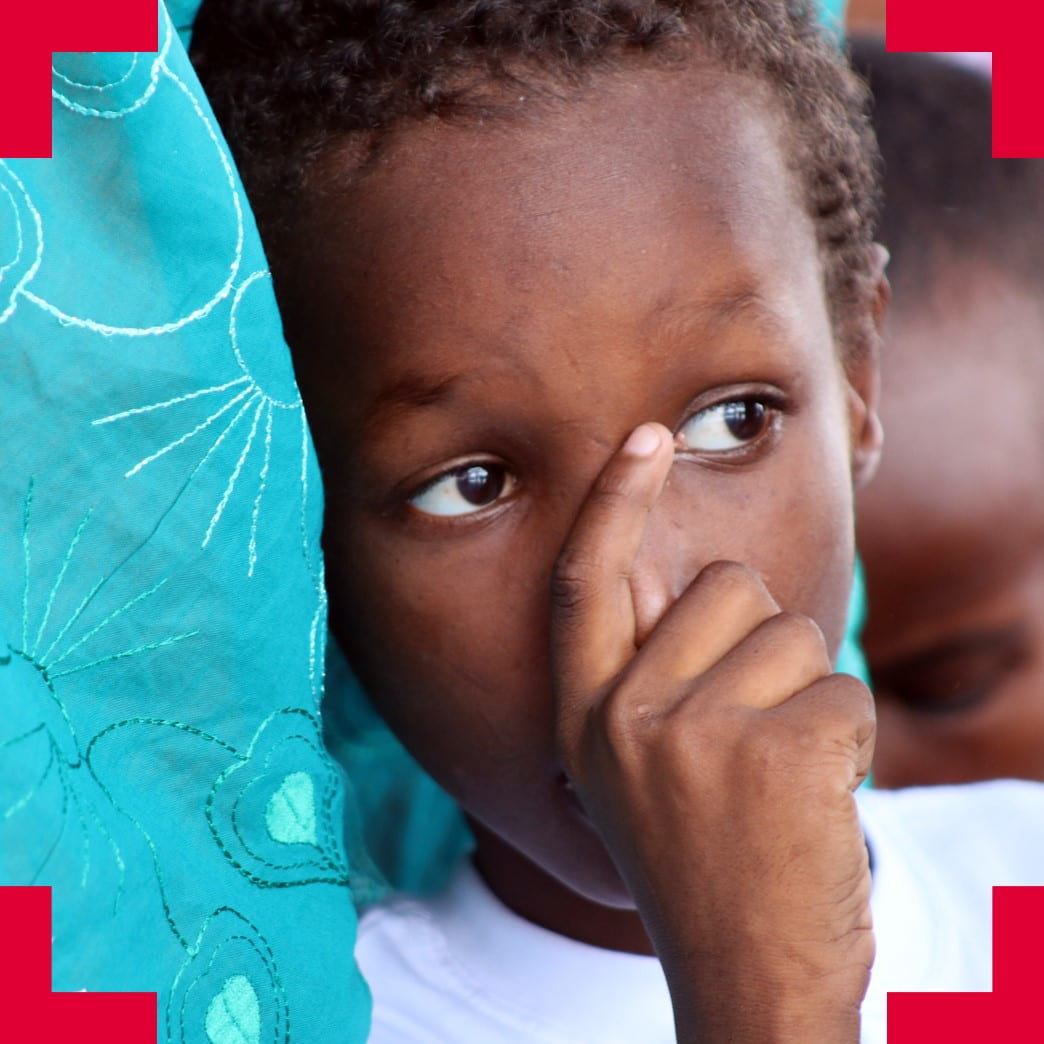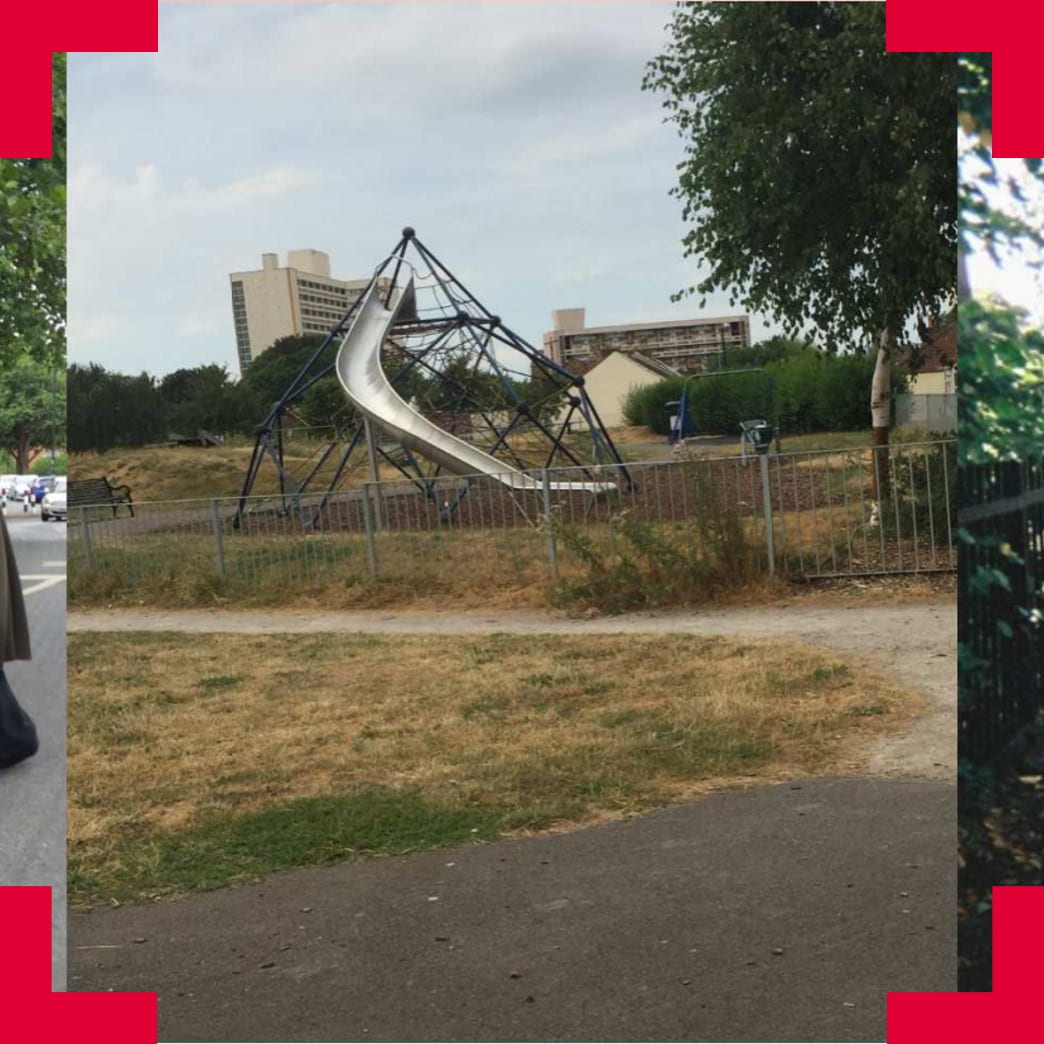-

Farming has undeniable environmental costs. A recent article in The Guardian, reported how livestock farming consumes much more water than crop farming, with vegetables at the low end of the scale using 322 litres per kg and beef at …

Brigstow brings researchers from different disciplines together with a range of partners across the city and beyond to experiment in new ways of living and being.








